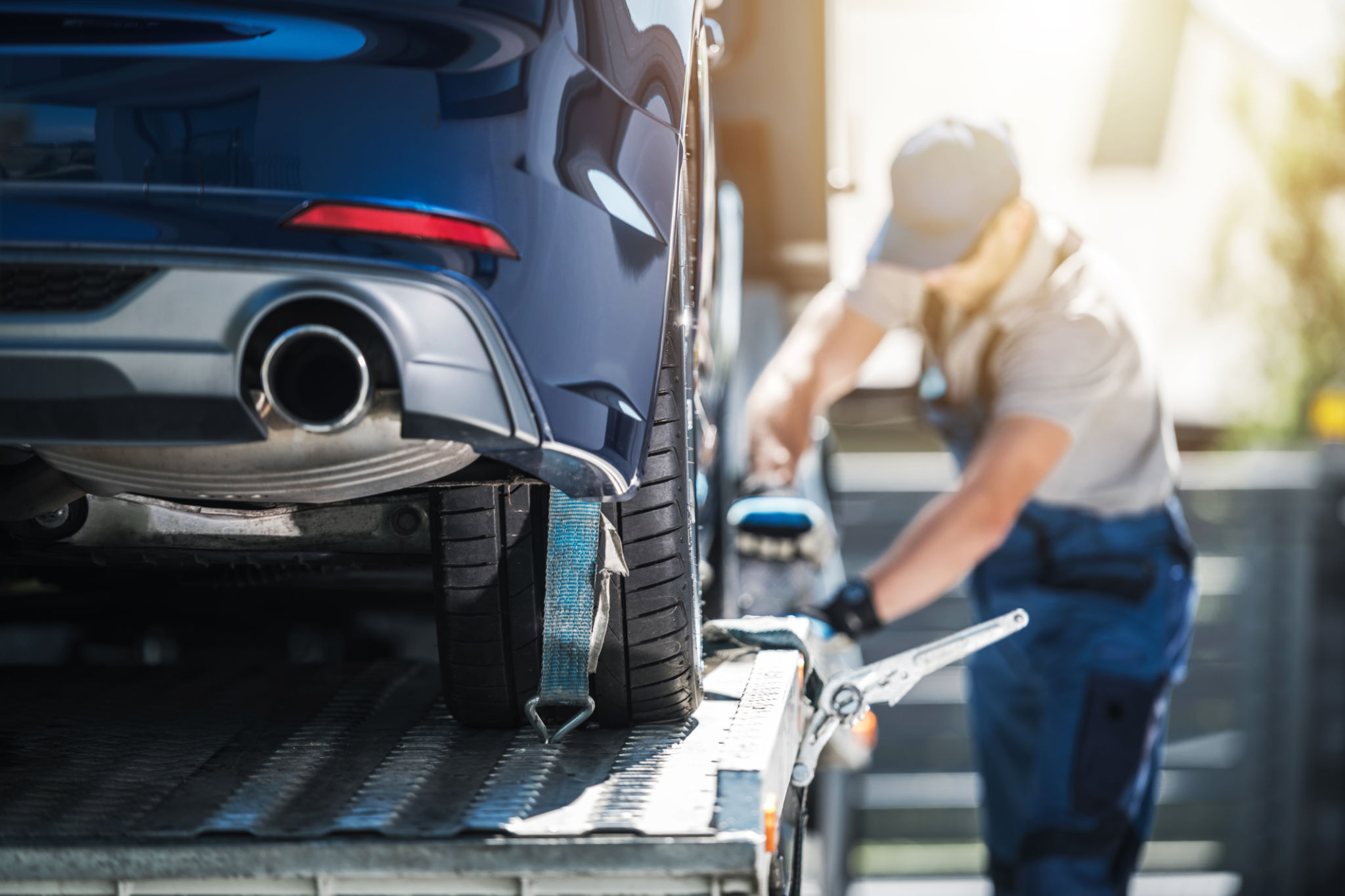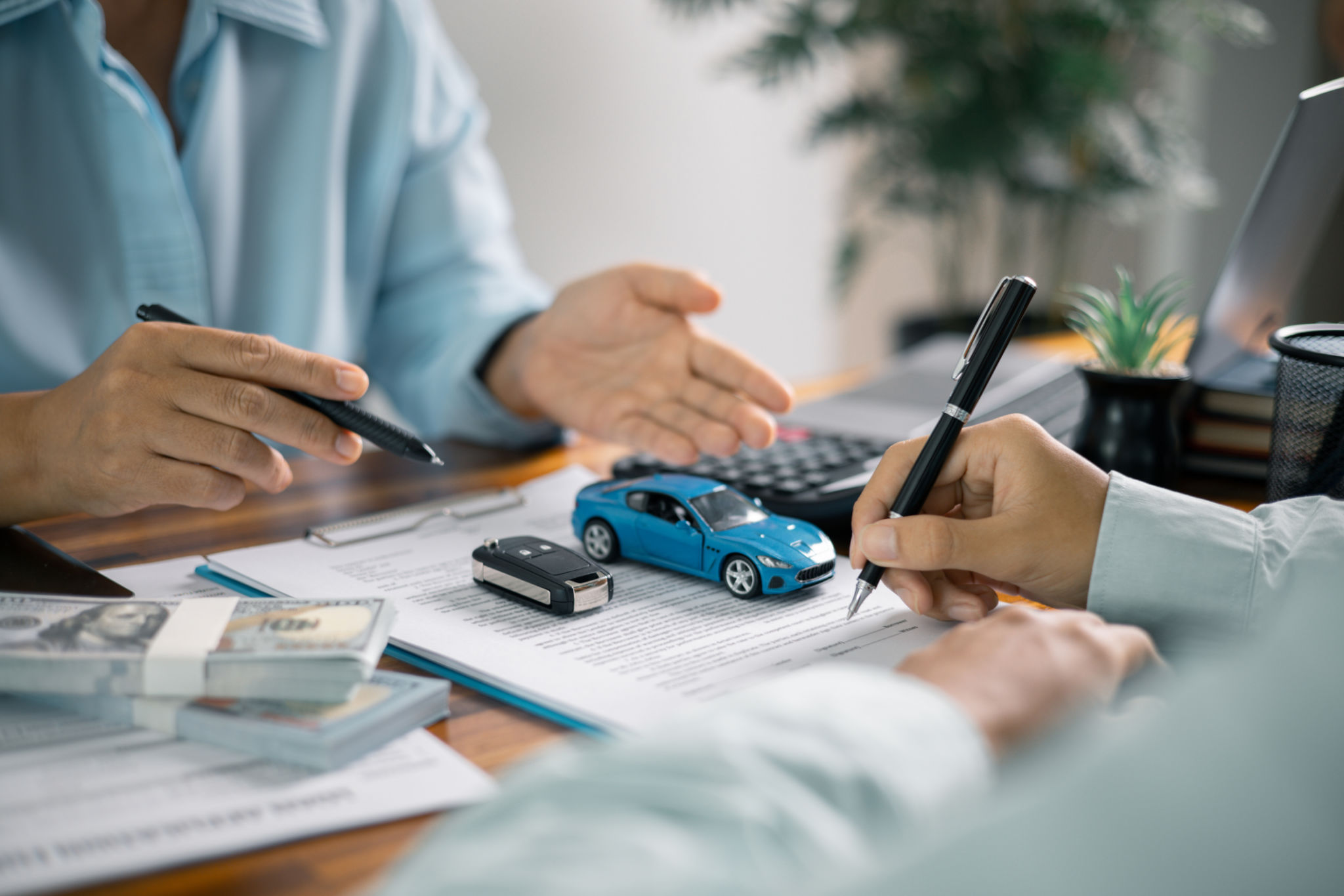The Ultimate Guide to Vehicle Repossession: What to Expect and How to Prepare
Understanding Vehicle Repossession
Vehicle repossession can be a stressful experience, yet understanding the process can help alleviate some of the anxiety. Repossession occurs when a lender takes back a vehicle due to missed payments. This process is typically outlined in your loan agreement, and it's crucial to be aware of the terms and conditions that apply.

If you find yourself unable to keep up with car payments, it's important to know that the lender has the legal right to repossess your vehicle without notice. However, repossession laws can vary by state, so it is advisable to familiarize yourself with the specific regulations in your area.
Early Signs of Repossession
There are usually warning signs before repossession occurs. Lenders may contact you through phone calls or letters to remind you of overdue payments. Ignoring these communications can accelerate the repossession process, so staying in touch with your lender is crucial.
Some lenders may offer solutions such as loan modifications or payment plans to help you catch up on missed payments. Engaging in an open dialogue can sometimes prevent repossession altogether.

What to Expect During Repossession
If the lender decides to proceed with repossession, they will typically hire a repossession agent who is authorized to take back the vehicle. This process often takes place at your home or workplace and can occur at any time, provided it doesn't breach the peace.
It's important to note that personal belongings inside the vehicle are generally not subject to repossession and should be returned to you. Make sure to collect these items as soon as possible after repossession occurs.
Your Rights and Responsibilities
Understanding your rights during a vehicle repossession can protect you from illegal practices. For instance, the repossession agent cannot use force or threats to take your vehicle. If you believe your rights have been violated, you may need to seek legal advice.

After repossession, lenders typically sell the vehicle at auction. You may still owe a deficiency balance if the sale price doesn't cover the remaining loan balance and associated fees. It's essential to address this promptly to avoid further financial repercussions.
Preparing for a Potential Repossession
The best way to prepare for potential repossession is by taking proactive steps to manage your finances. Creating a budget that prioritizes essential expenses, including car payments, is vital.
If you're struggling, consider seeking assistance from a financial advisor or credit counseling service. They can provide guidance tailored to your situation and help you explore options for debt relief or restructuring.

Rebuilding After Repossession
Experiencing a vehicle repossession can impact your credit score, but recovery is possible. Start by reviewing your credit report for accuracy and addressing any discrepancies. Consistently making on-time payments on other debts will also help rebuild your credit over time.
Consider options like secured credit cards or small personal loans to demonstrate financial responsibility. Over time, these efforts can improve your creditworthiness and open doors to future financial opportunities.